Community: The Secret to Stopping Deforestation in Guatemala
The forest concessions of the Maya Biosphere Reserve have boasted a near-zero deforestation rate for 20 years.
Home / Regions / Mesoamerica / Page 4
A full third of Mesoamerica is covered in lush forest, which serves as home to scores of Indigenous and local communities, iconic wildlife, archeological wonders, and abundant biodiversity. While agriculture is the backbone of the region’s economy, it also drives deforestation and climate change.
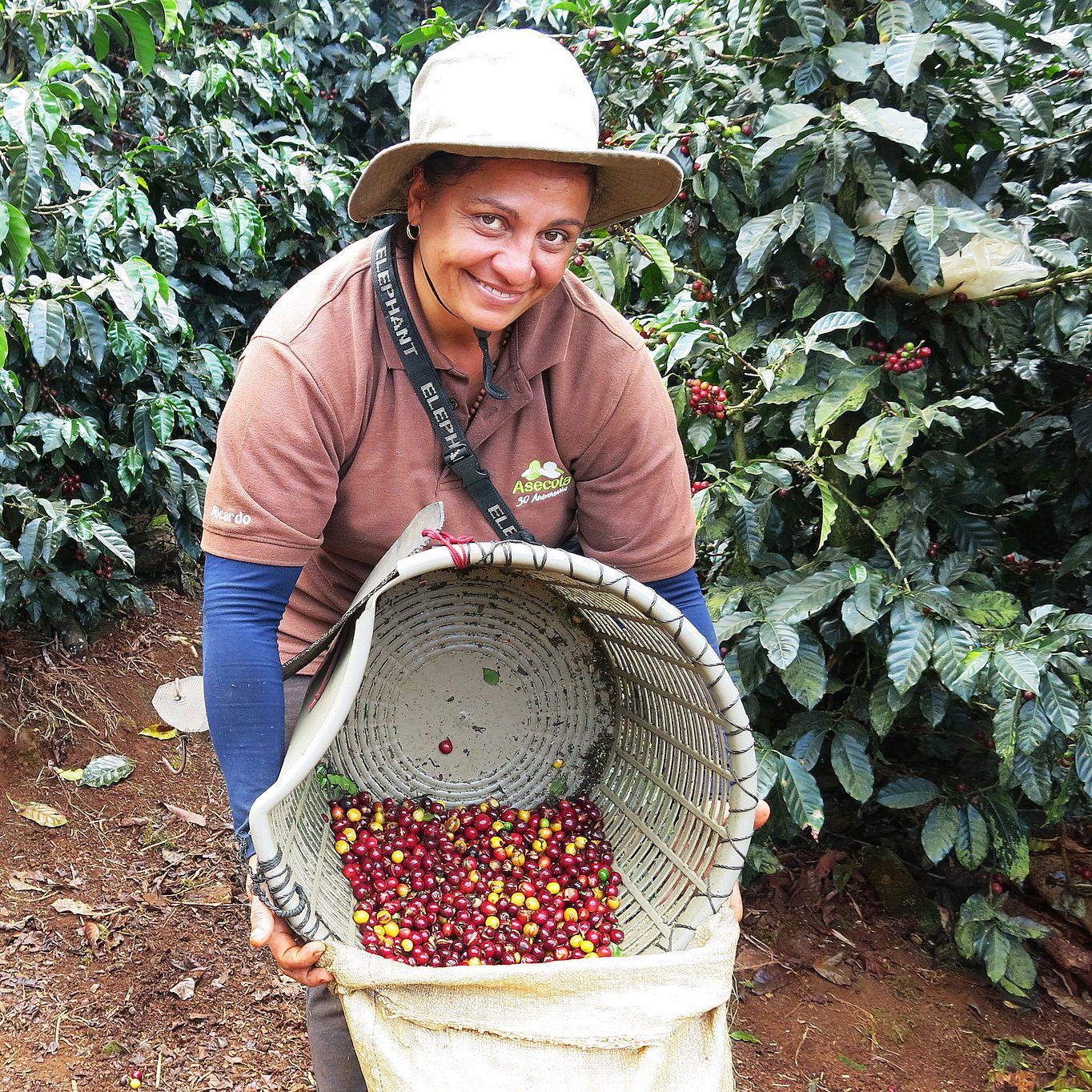
Prolonged droughts and frequent hurricanes are making it harder for farmers in Mesoamerica to make a living. A lack of access to international buyers and government support compounds the problem, leading some farmers to cut down forests for more cropland, while others migrate elsewhere in search of better opportunities.
Our community forestry work in the Selva Maya is recognized around the world as a stunning success for people and nature. We also work with certified farmers on producing crops like coffee, cocoa, and fruits sustainably.
Through our certification program, we work to improve the sustainability of 61,443 smallholder farmers, 233 farm groups, and almost 3,000 large farms across 700,000 thousand hectares. Almost half a million workers benefit from these efforts.
Data through 2023.
We worked with community forestry businesses to improve their conservation practices while achieving US$53 million in sales of forest products from 2013 to 2023. As a result, the communities conserved one million hectares of forest.
We always start by listening. We work with farmers and forest communities to develop solutions to their specific challenges—which range from a lack of investment and business skills to poor soils and droughts. Our agricultural certification program supports farmers and workers, while our forest work helps both forests and communities thrive.
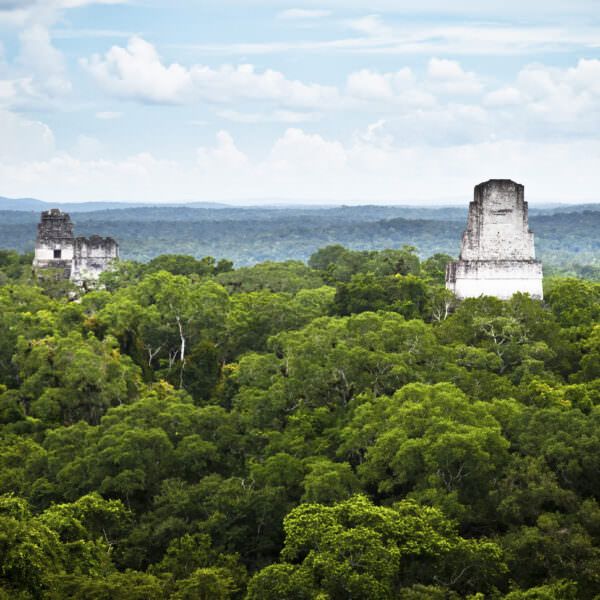
The forest concessions of the Maya Biosphere Reserve have boasted a near-zero deforestation rate for 20 years.

We worked with eight indigenous coffee-farming communities in Chiapas to build skills in fire prevention, business skills, and health and nutrition.
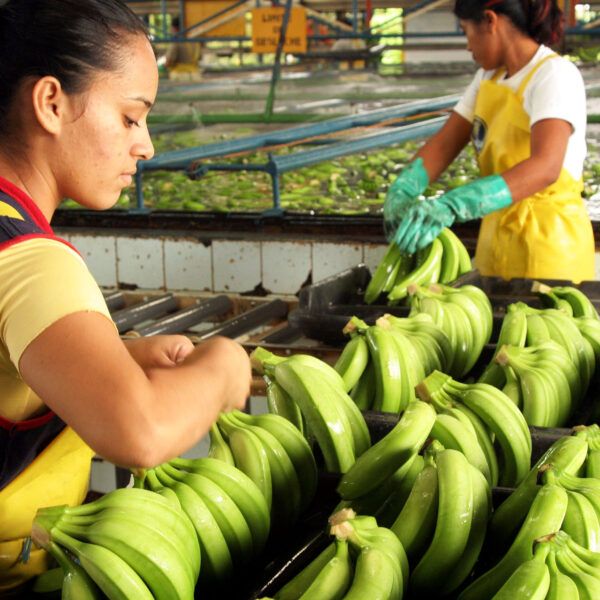
Rich biodiversity? Check. Well-treated workers? Check. Prepared for climate events? Check. Costa Rica's banana industry has a long history of worker abuse and environmental destruction—but these certified farms are proving there's a better way.
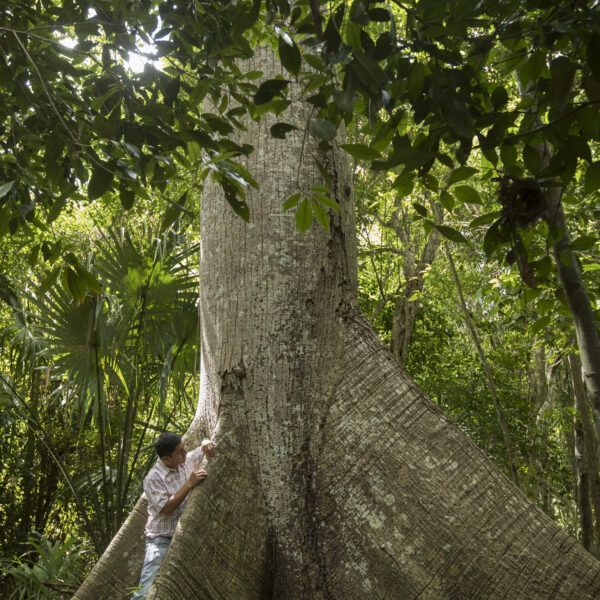
We are working to grow Mexico’s domestic market for sustainably produced products.

As part of the JDE Common Grounds program, the Rainforest Alliance conducted research to identify the top risks in the Guatemalan coffee sector. In 2022, the following risks were identified: child labor, gender equality, climate smart agriculture. In Guatemala, lack of education and high levels of poverty can push children into working before the legal […]
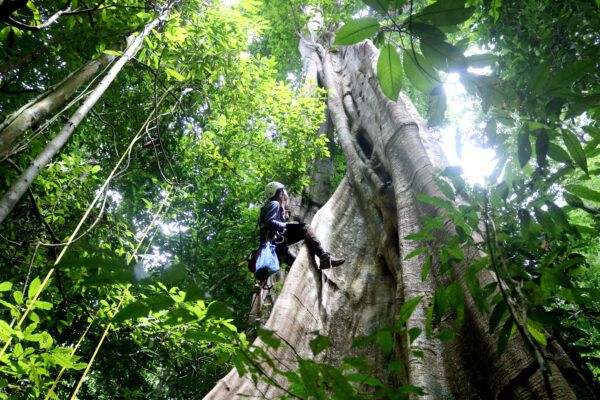
Meet three of the scientists whose work we have supported through the Kleinhans Fellowship for Community Forestry Research.... Continue Reading
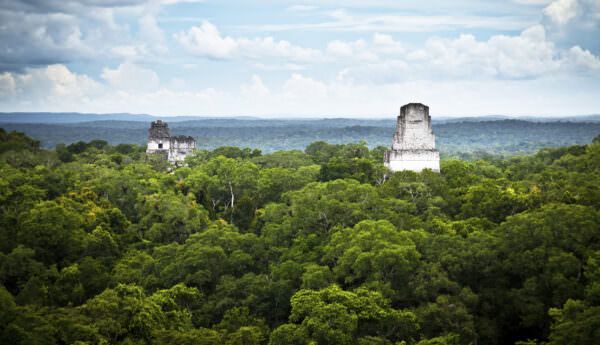
The forest concessions of the Maya Biosphere Reserve have boasted a near-zero deforestation rate for 20 years.... Continue Reading

This article published by the World Forestry Congress XV (Republic of Korea, 2022) summarizes the Rainforest Alliance’s work in the Maya Biosphere Reserve in Guatemala, our learnings, and our approach to scaling up community forestry. This paper aims to spark discussion about the guiding principles of integrated community forest management. The Rainforest Alliance invites partners […]
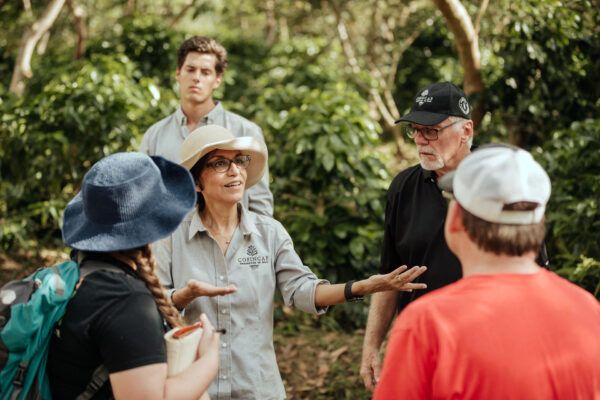
The Rainforest Alliance Certified coffee farm that María Esther Saut Niño owns with her husband has become a model for area farmers.... Continue Reading
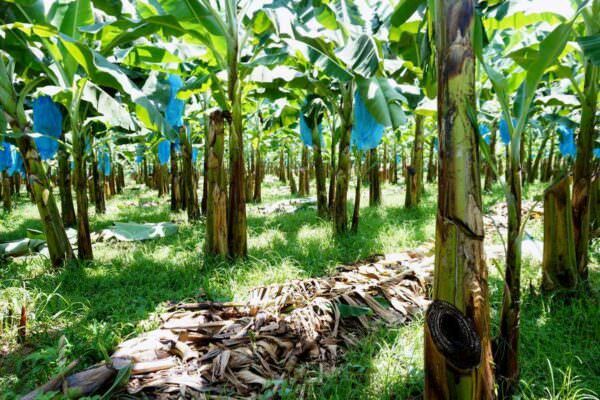
We applaud Oxfam’s important efforts to further the protection of human rights in global supply chains.... Continue Reading